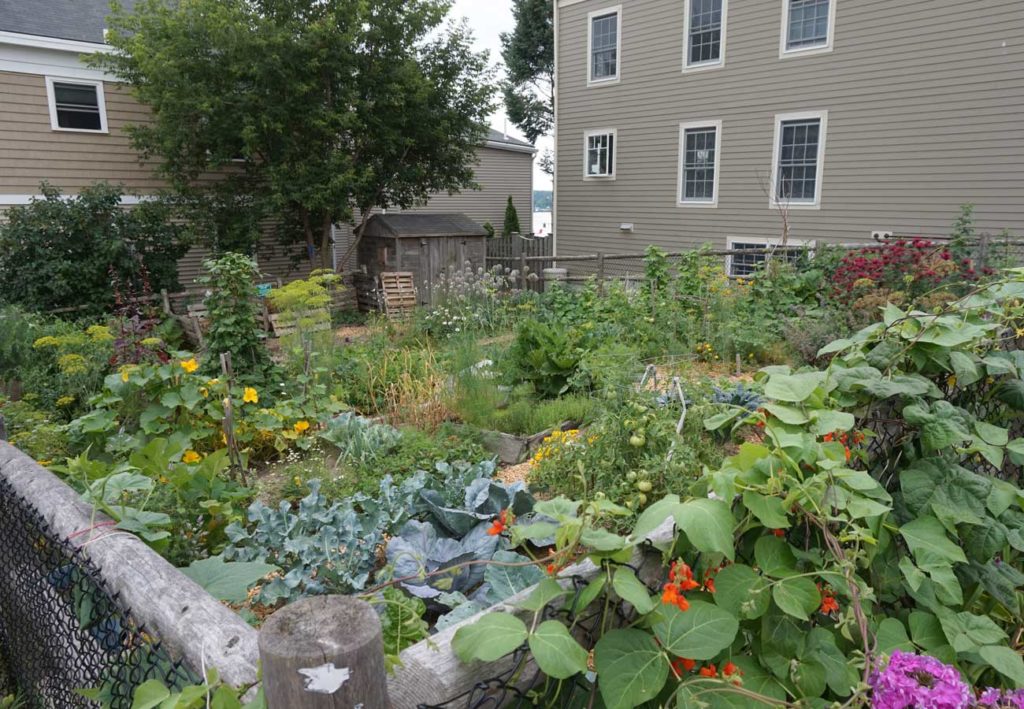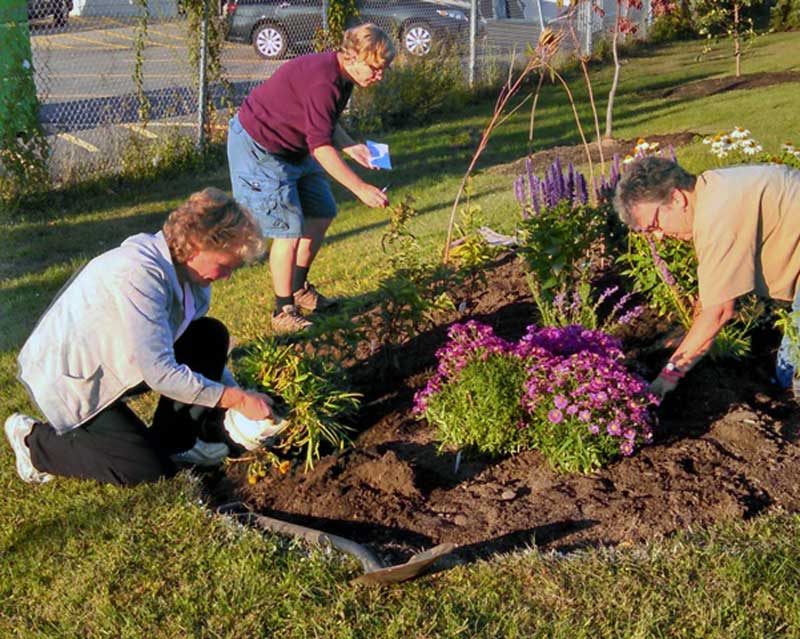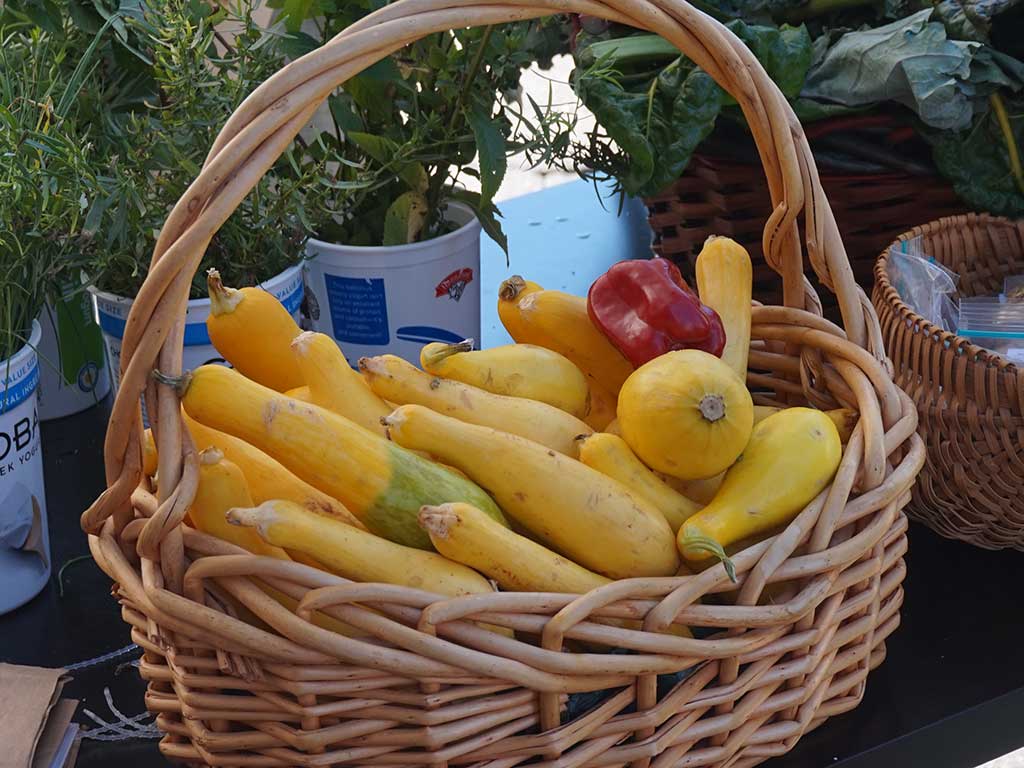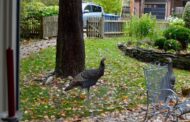
With COVID19 increasingly threatening industrial food supply chains, we need to consider other options for feeding ourselves. The Victory Gardens of WW II come to mind.

Consider: the U.S. has lost 31 million acres of farmland over the last 20 years. Droughts, higher mean temperatures, globalized food supplies, and vulnerable wildlife (especially pollinators) also diminish food supplies, which create major challenges for poor and/or out-of-work folks. Rising food prices and empty grocery shelves warn of bigger problems to come.
Growing some of our own food may be more important than ever.
BRIGHT IDEA: Buy fresh, locally grown foods.
Fresh, locally grown foods are more nutritious and they’re far better for the planet. Patronizing farmer markets, participating in farm share programs, and purchasing from supermarkets selling local produce, supports our nearby farmers. By reducing our reliance on animal products, we can further lower our carbon footprints.
BRIGHT IDEA: Plant a garden.
Getting your hands dirty gardening has untold rewards including a temporary respite from the daily travails of life. Vegetable gardening is a way to grow your own fresh food while flower gardening creates beautiful environments and helps threatened pollinators critical to our food supply.

If you have the space to grow a garden from scratch, there are many options. A “lasagna” garden (also known as sheet mulching) can even be done on a hard driveway with no digging required.
Some people grow tomatoes and other vegies in tubs on the porch, indoors under lights, or in south-facing windows. Window boxes are great for flowers but also good for mixing in a few vegetables.
Whatever you do, enjoy the process and be creative. If you’re uncertain, confer with a more experienced friend or relative.
CAUTIONARY NOTE: The land next to many of our urban homes is contaminated with lead and other substances. Be sure to have it tested before planting a food garden.
Seeds, seedlings, and the other supplies you need are easy to come by. Check with local nurseries, hardware stores, or go online. In the spring, you can find a wide assortment of baby plants at farmer markets. It’s hard to find a better deal on seeds than from Fedco Seeds, a Maine-based coop, which offers a wide variety at very reasonable prices.
Finally, consider converting your lawn into a wild flower garden to help pollinators and have an excuse to stop mowing!
Remember that, while growing your own plants, you’re also sequestering carbon and producing oxygen.
Let’s do everything possible to eat well while keeping our planet alive and vibrant.
Bright Ideas is brought to you by Portland Climate Action Team which, during the pandemic, meets online the 4th Thursday of the month, 6-7:30 p.m. All are welcome to join in. FMI: portlandclimateaction@gmail.com.





